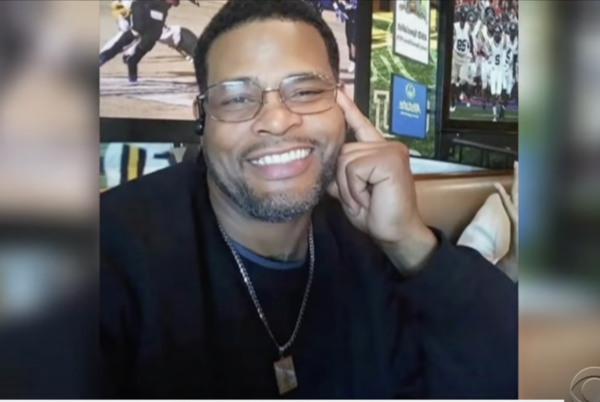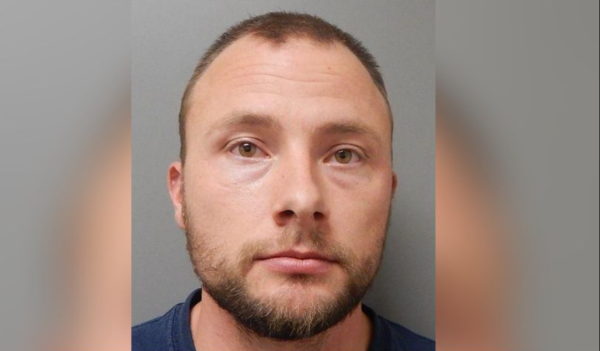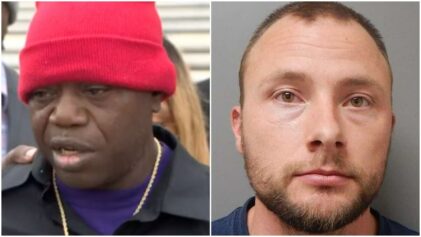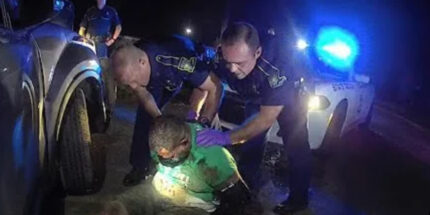The U.S. Department of Justice will investigate whether Louisiana and its state police have a routine of violating the Constitution or federal law by using excessive force and racist police practices.
The probe is in response to Ronald Greene ‘s in-custody death and multiple other Black men who have been beaten by state troopers while they were handcuffed and unarmed.
A federal probe into Greene’s death has been pending since a video of his fatal arrest surfaced, which showed law enforcement officials lied about what led to his death on a Louisiana expressway. The announcement comes one year after the ACLU of Louisiana sent a series of detailed memoranda calling on the DOJ to assess 13 cases of excessive force against Black and brown residents.

Assistant Attorney General for DOJ’s Civil Rights Division Kristen Clarke said the investigation comes after “extensive review” of the intel the department has already gathered. Federal investigators will determine whether the state has engaged in “a pattern or practice of violations.”
“Based on an extensive review of publicly available information and information provided to us, we find significant justification to open this investigation now,” Clarke said.
Clarke said the department received reports that state troopers targeted Black motorists for traffic infractions and aggressive policing tactics, including the use of racial slurs and “racially derogatory terms.” Clarke did not mention Greene but referred to specific actions by the troopers during the violent encounter, citing “reports of unwarranted force after pursuits involving the use of tasers and blows to the head.”
“In some cases, the injuries these individuals suffered were severe, including the death of at least one individual,” Clarke said.
Greene died in state police custody in May 2019 after he was wrestled to the ground by a gang of white troopers following a high-speed chase. The troopers tased, kicked and punched the man while he was face down, handcuffed on the pavement, pleading for them to stop. The troopers instead dragged Greene across the asphalt.
“I beat the ever-living f— out of him, choked him and everything else trying to get him under control,” Master Trooper Chris Hollingsworth said after the incident. “All of a sudden he just went limp. … I thought he was dead.”
Still, state police officials initially told Greene’s family that he died in a collision that resulted from the police chase. Medical examiner reports show he died from blunt force injury of the head and neck, soft tissue hemorrhage of the anterior chest and hemopericardium, or internal bleeding in the heart. The real details behind Greene’s death were not revealed until The Associated Press released snippets of a video it obtained in May 2021.
“We learned that Ronald Greene’s case is merely the tip of the iceberg. There exists a culture of violence, terror, and discrimination at LSP that is tantamount to systemic misconduct throughout the agency,” ACLU of Louisiana Executive Director Alanah Odoms said. “This systemic injustice can only be rectified if it is properly diagnosed.
One year before AP released the undisclosed footage, troopers Jacob Brown, Dakota DeMoss and George “Kam” Harper beat and dragged another Black man, Antonio Harris, by his braids while he was in the same vulnerable position following a police on chase and traffic stop. Harris said later that he feared for his life during the physical altercation that left him bloodied and battered.
The troopers, however, joked and bragged about the beating they gave him. They were charged with misdemeanor offenses.

Brown, one of the troopers caught on video brutalizing Harris, was indicted by the DOJ in September for beating another Black man, Aaron Larry Bowman, over a dozen times with a metal flashlight. Video of the incident remained hidden for a year and a half.
Clarke said the investigation is the first “state-wide pattern” investigation of a law enforcement agency that the DOJ has opened in more than two decades. The department will review incident reports, body-worn camera footage along with other data and documentation, state police policies, training materials and supervision records.
“We will meet with community members throughout the State of Louisiana, and we are opening voicemail and email boxes so that people can submit information directly to the department,” Clarke said. “We will meet with command and line staff, and we’ll participate in ride-alongs to ensure that we understand officers’ interactions with the community.”
Gov. John Bel Edwards and State Police Superintendent Lamar Davis have agreed to support and cooperate with the investigation, Clarke said.
Edwards said in a statement that he welcomed the investigation which comes as he is scheduled to testify in front of a legislative committee about the width of his knowledge behind state police’s efforts to cover-up the real details behind Greene’s death.
“It is deeply troubling that allegations of systemic misconduct exist that would warrant this type of investigation, but it is absolutely critical that all Louisianans, especially African Americans and other people of color, have their faith, confidence, and trust in public safety officers restored,” Edwards said.
Davis acknowledged in the joint statement that they are some among the state agency’s 1,000 employees that have “violated the trust of our citizens and of their colleagues.”
“When that occurs, it is incumbent upon our agency to uphold our public safety oath and make the changes necessary to ensure that this does not ever happen again,” he said.
Davis told troopers to “hold your heads high” and embrace the federal scrutiny. “We have nothing to hide and can only benefit from learning,” in an internal email obtained by The Associated Press.
Odoms believes the investigation is needed to uncover “the root causes of the misconduct so that they can be fixed, once and for all.”
“The ACLU of Louisiana will never stop fighting to ensure that Ronald Greene’s death was not in vain, and to ensure that the lives of people hurt by police violence continue to matter,” she said.


